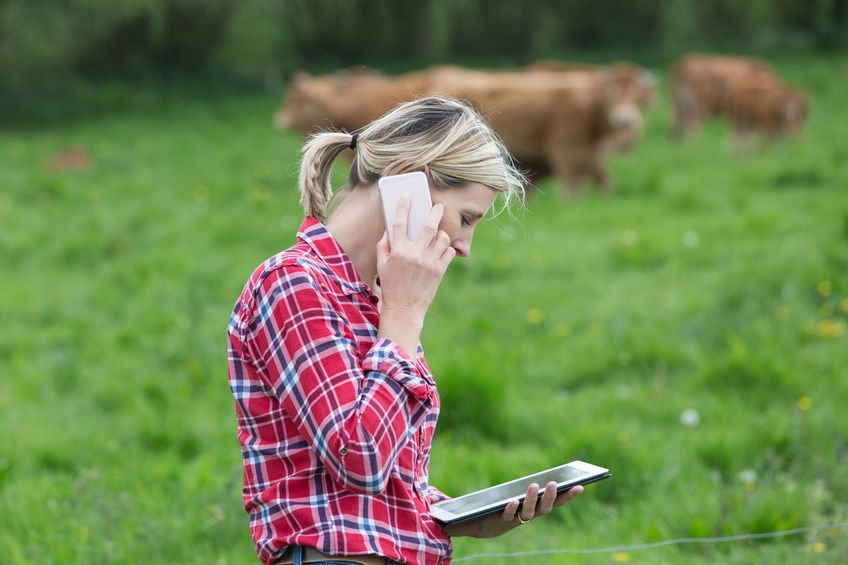
British farmers could improve production levels by engaging with scientists more on social media, researchers have suggested.
Farmers and scientists have called to engage with each other on social media to improve the carbon footprint of farms and increase production of crops and livestock.
Researchers at Scotland's Rural College (SRUC) analysed a million tweets relating to agriculture and rural society in Scotland between 2019-20 to see levels of social media engagement.
They found that while a considerable number of farmers use social media to discuss agriculture among other topics, they tend to group with other farmers while interaction with scientists is limited.
Likewise, scientists, for the most part, engage with other scientists on Twitter.
The aim of SRUC's research is to enable more accurate information sharing in online spaces as well as a faster uptake of ideas from science to the farm.
Using a method called ‘network jumping’ – which analysed the tweets of an initial set of stakeholders to identify the users they are in conversation with – they were able to develop a database of discussions.
They then created a social network of participants and looked at their Twitter accounts to find which were tweeting most, had the highest number of followers or used the most popular hashtags among other variables.
Based on analysis of these networks, the researchers have developed a best-practice guide on how to better engage with Scottish stakeholders via online social networking platforms.
Researcher Elliot Meador said: “Right now, the two groups don’t interact as much as they could. If farmers can gain and use information from scientists, they can improve their production.
"We propose new ways of interacting between farmers and scientists which will encourage engagement and allow for more accurate information to be shared in online spaces, at a time when misinformation is rampart across social media.
"We are seeing a lot of environmental research which can be applied on the farm – this not only improves the carbon footprint but also increases the production of quality crops and livestock through improved farming techniques.”
